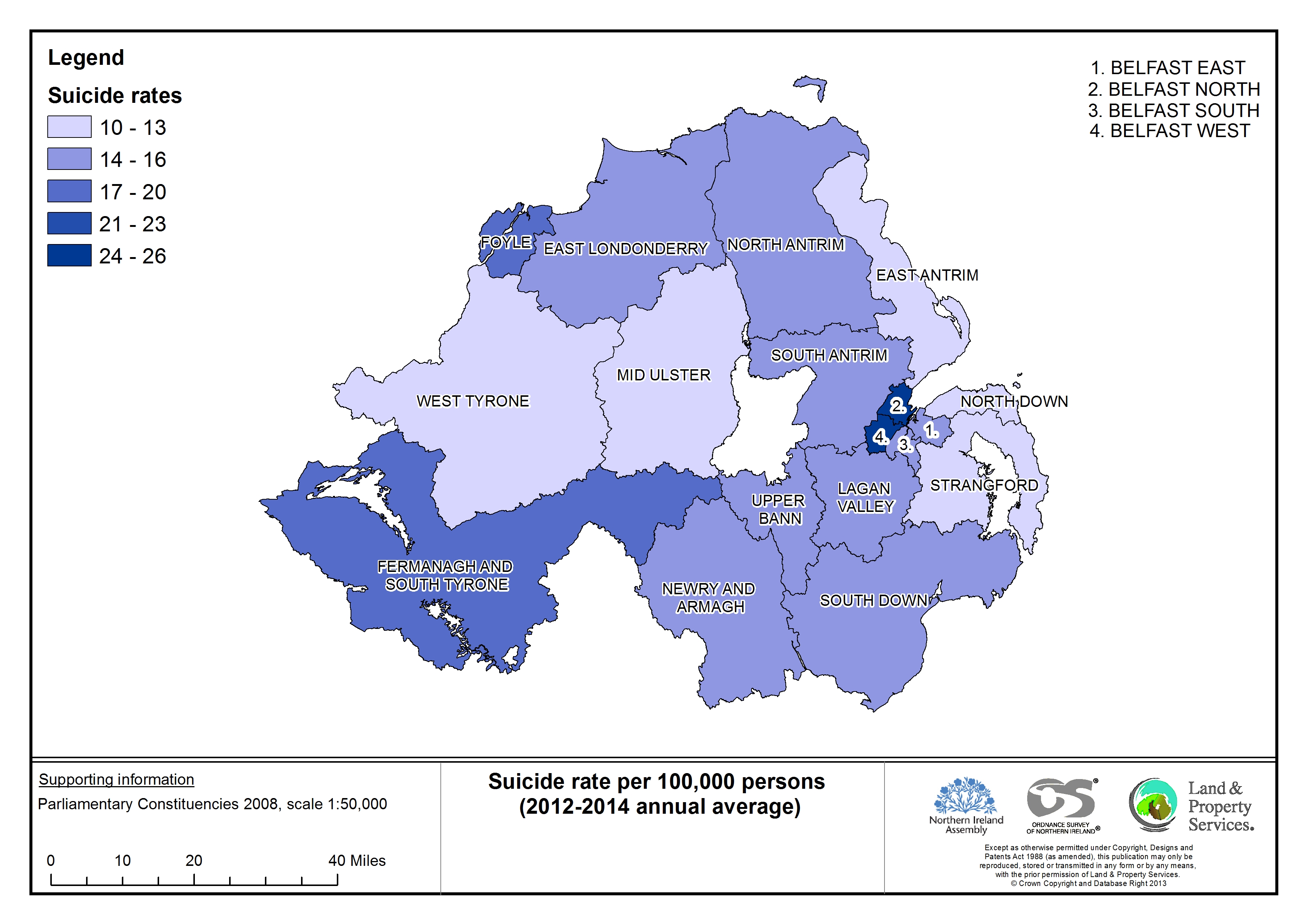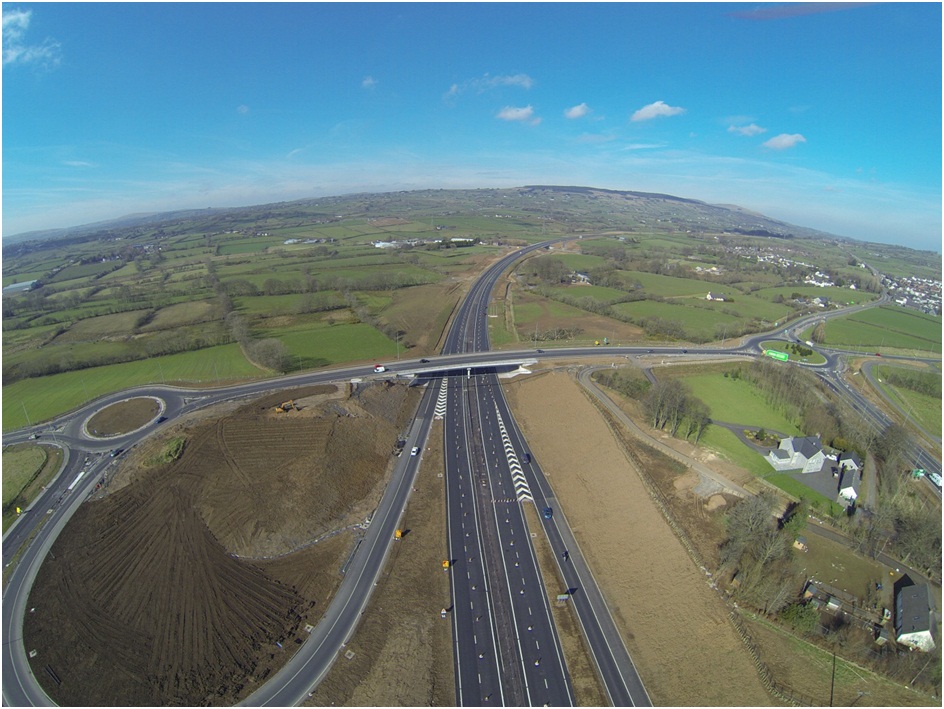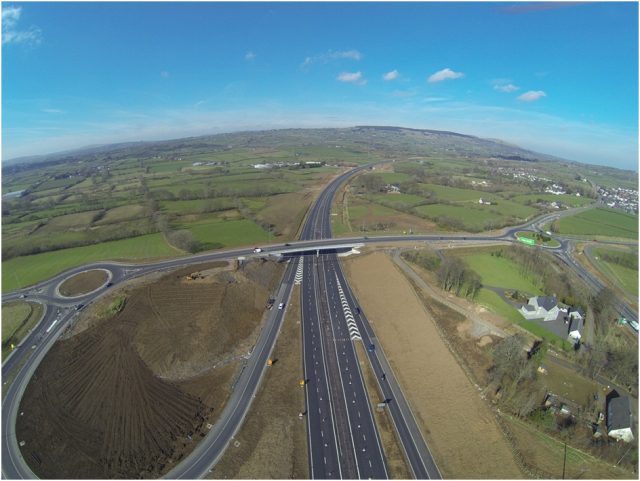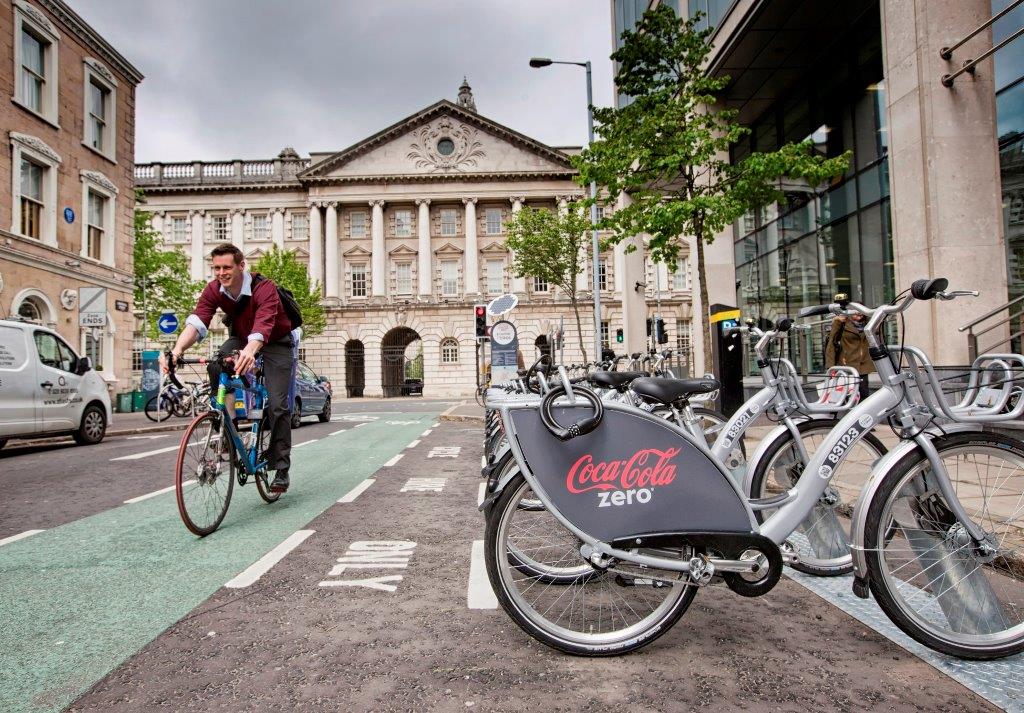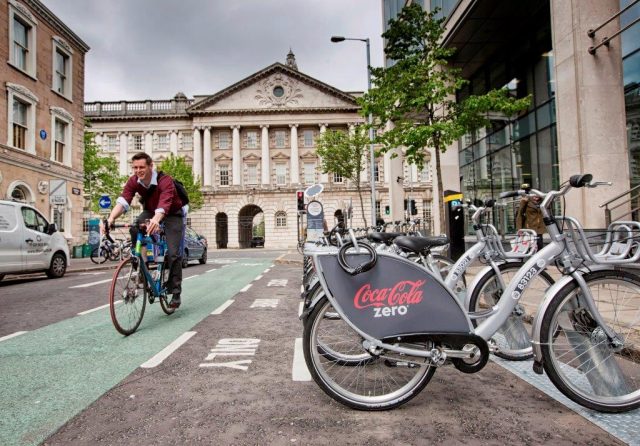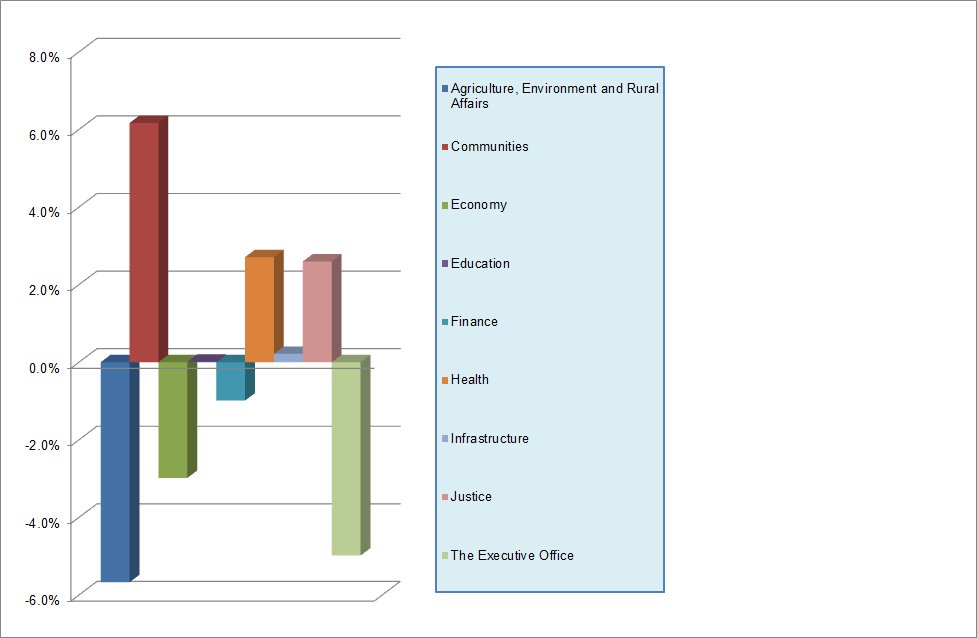Changes ahead for special educational needs
The growth of special educational needs and the implementation of new legislation point to challenges ahead.
There has been a steady increase in the prevalence of special educational needs (SEN) in Northern Ireland over the past ten years, rising from 16% of all school pupils in 2005/06 to 22% of pupils (73,435) in 2014/15.
Implementation of the Special Educational Needs and Disability (SEND) Act, together with forthcoming subordinate legislation and a revised statutory Code of Practice, present a number of challenges for the new Assembly. Under the revised approach, the number of SEN assessment stages will reduce from five to three, and it is likely that fewer children will undergo statutory assessment and receive a statement of SEN, with greater emphasis placed instead on in-school support.


